
Website History
Find out what page your website is on when searching by a particular phrase.

Find out what page your website is on when searching by a particular phrase.
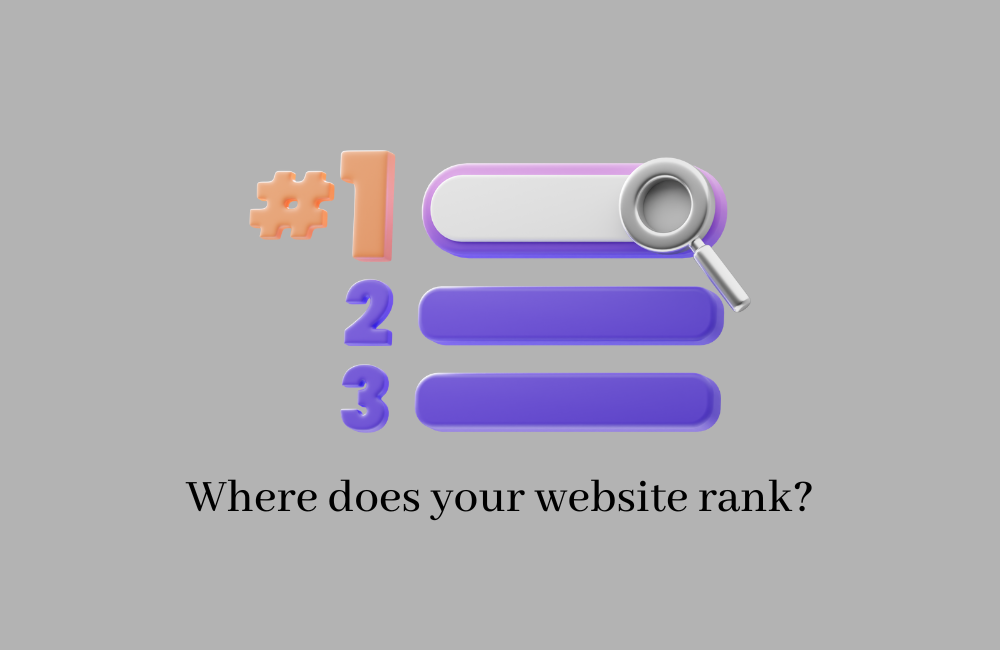
View historical data on page results, so you can see what page your website pops up on over time.
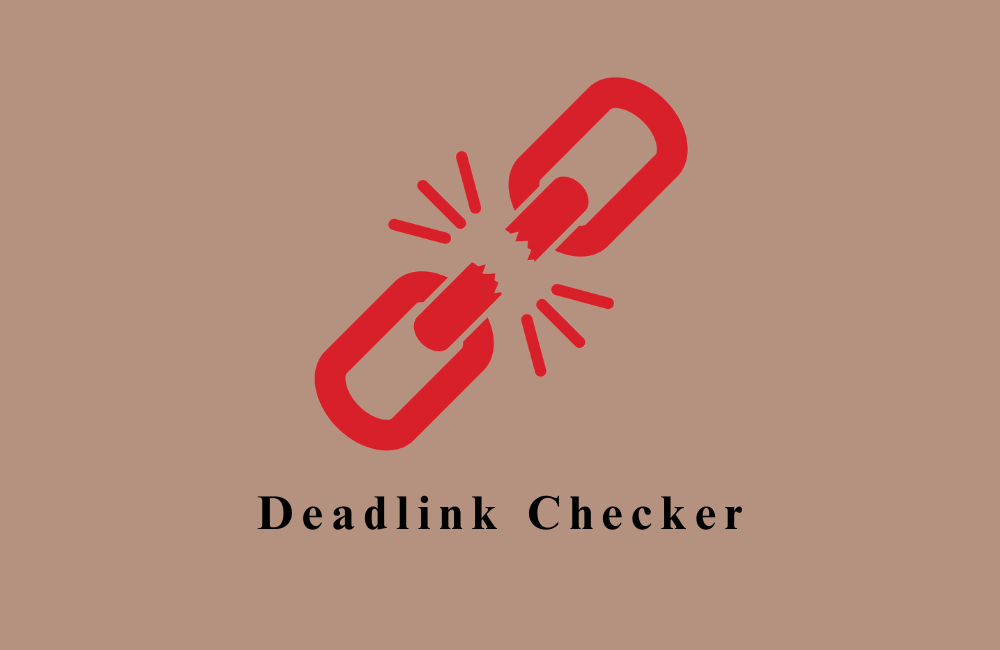
Dead links, or broken links, harm user experience by leading to non-existent pages. They impact SEO, credibility, and navigation, deterring visitors and search engine ranking.

Domain expiry date is critical as it affects website accessibility. Failure to renew on time can lead to site downtime, loss of branding, and potential business disruption.

Spelling mistakes erode website credibility, hindering effective communication. They deter user trust, impact user experience, and may result in decreased engagement and conversions.

SEO (Search Engine Optimization) is a set of rules for optimizing a website to rank higher in SERP.It helps increase the quality of the website by making it user-friendly and easier to navigate.

A sitemap tells Google which pages and files you think are important in your site, and also provides valuable information about these files.
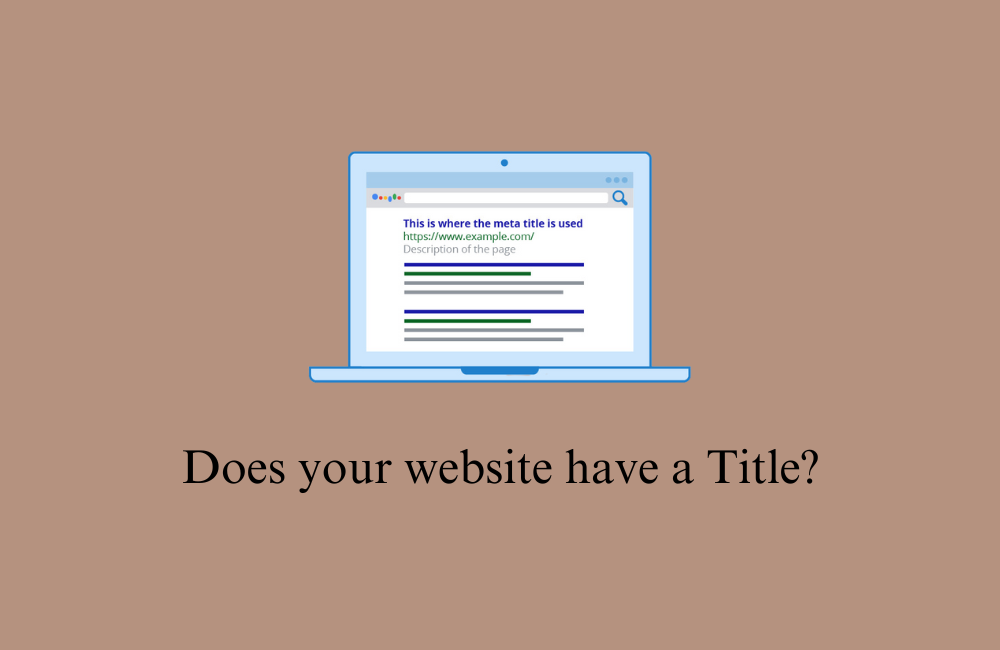
The meta title is important because it is displayed as the clickable headline in search engine results. It should accurately summarize the webpage's content and entice users to click.
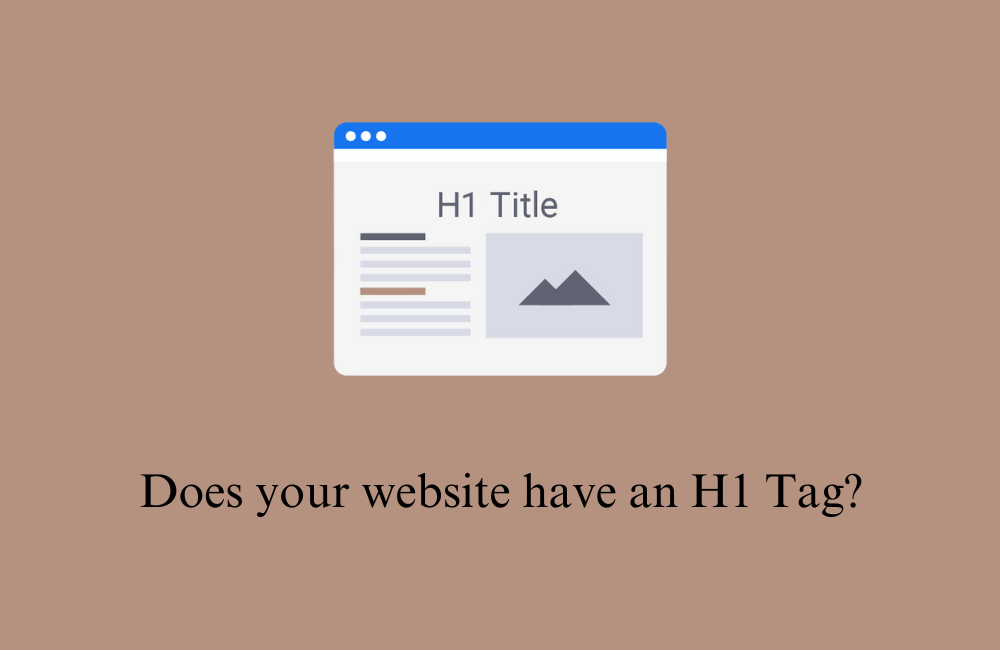
The h1 tag is important because it defines the main heading of a webpage, helping search engines and users understand its primary topic.

Hreflang is crucial for websites to serve the right content to users in their preferred language and location, enhancing user experience and SEO performance.

Charset encoding is vital as it ensures proper text display, enabling websites to show diverse languages and symbols accurately, improving global accessibility and user experience.
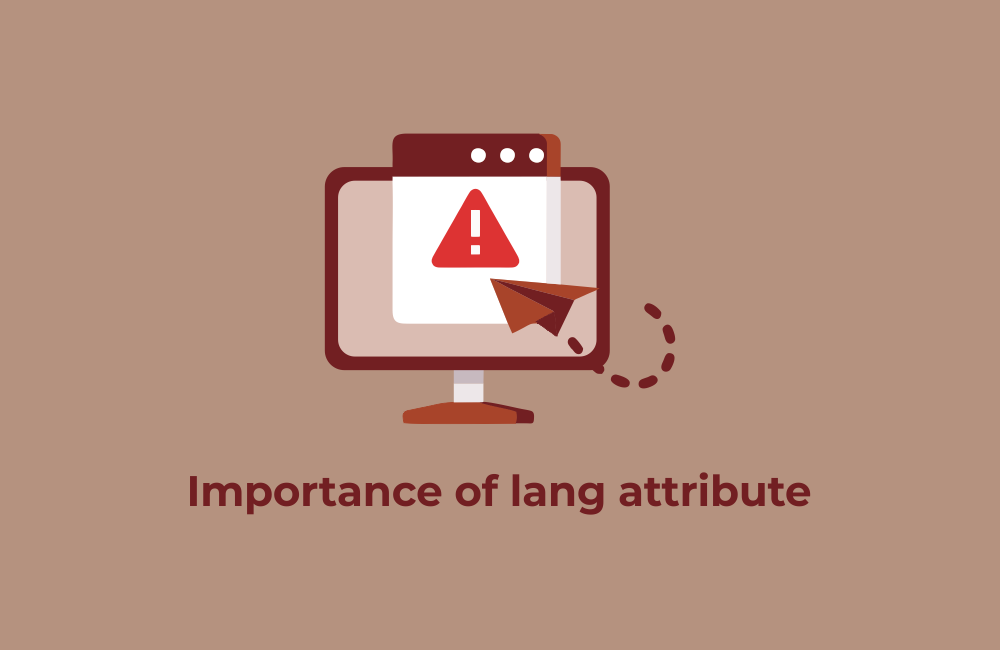
The lang attribute is essential for indicating the language of website content, facilitating proper translation, accessibility, and search engine optimization to reach diverse audiences effectively.
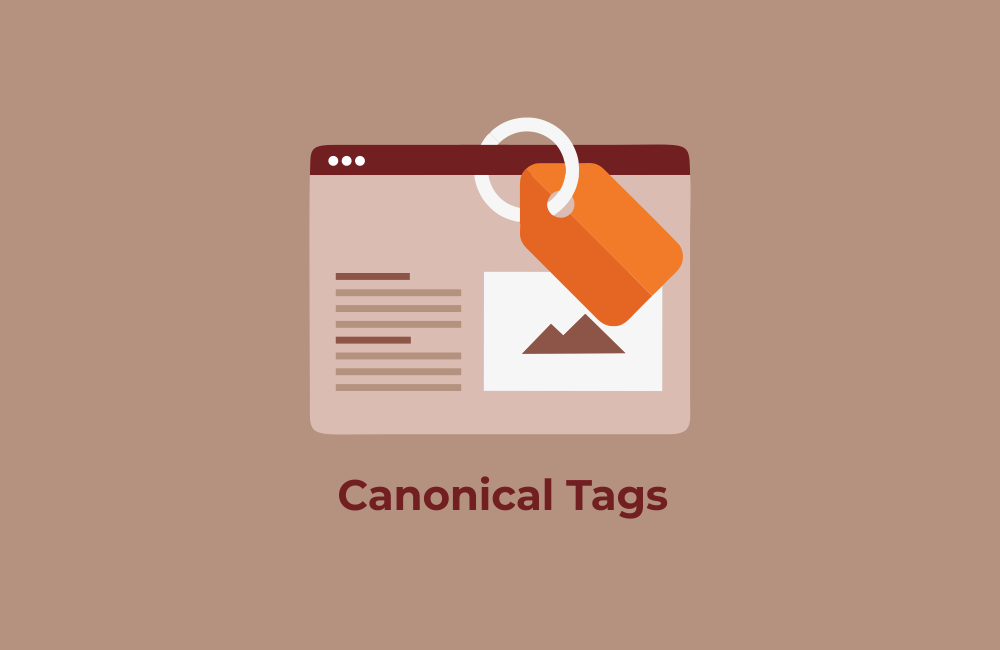
Canonical tags are crucial for preventing duplicate content issues, guiding search engines to the preferred version of a webpage, thus improving SEO and ranking accuracy.

A Google Business Page enhances online visibility, enabling accurate business information, reviews, and location details, vital for local SEO and building trust with potential customers.

A robots.txt file tells search engine crawlers which URLs the crawler can access on your site.

Benefits of social media links on your website: Enhanced connectivity, wider reach, instant updates, and community engagement.

Clickable WhatsApp and telephone numbers on your website offer easy communication, faster response, and customer convenience.
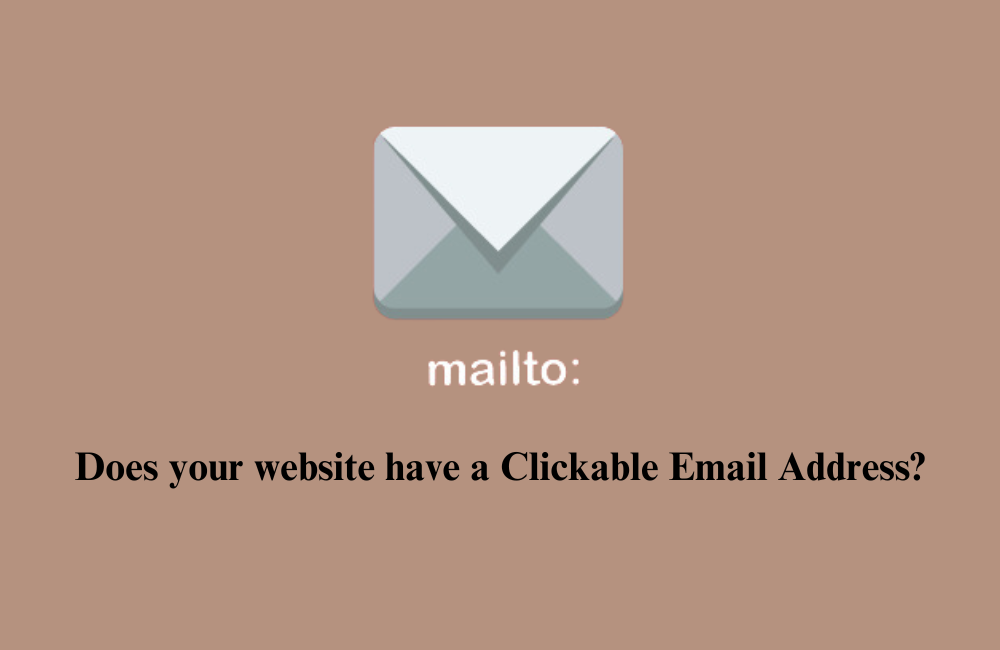
Clickable email address (mailto:) allows users to initiate quick email communication, improving engagement and user convenience.

Google Analytics is important for website owners as it provides valuable insights into website traffic, user behavior, and conversions. But ensure that GA-4 is being used.
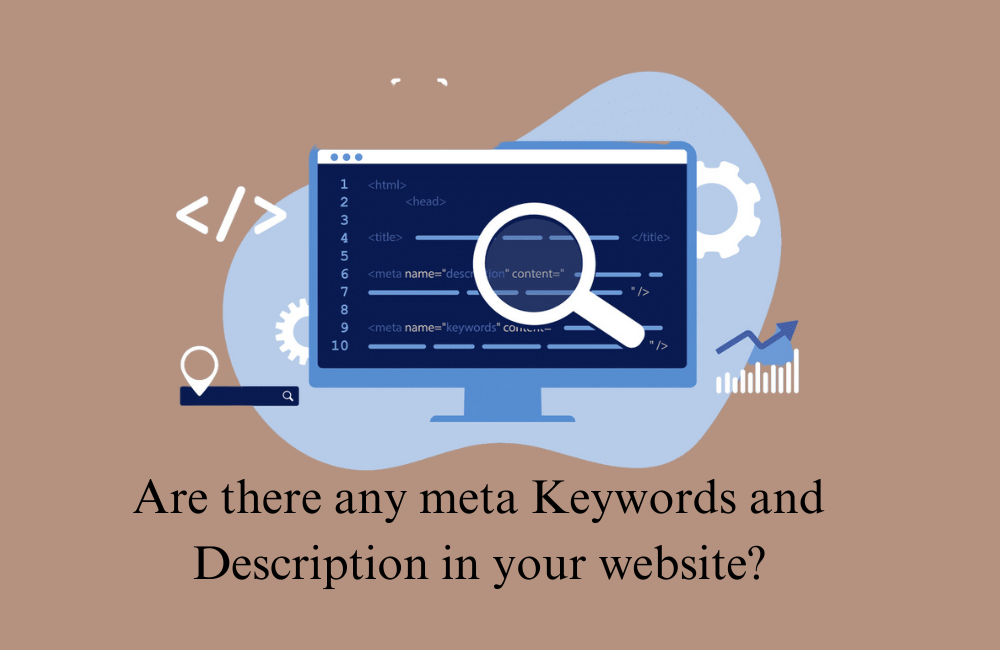
Meta keywords and description are important for SEO. Keywords provide search engines with relevant information about the webpage's content.
A favicon is important as it is a small icon displayed in the browser tab and bookmarks. It enhances branding and helps users quickly identify and differentiate your website.

It is important for social media sharing. It specifies the image that should be displayed when the webpage is shared.

A slow website is important to address because it negatively impacts user experience and SEO rankings.
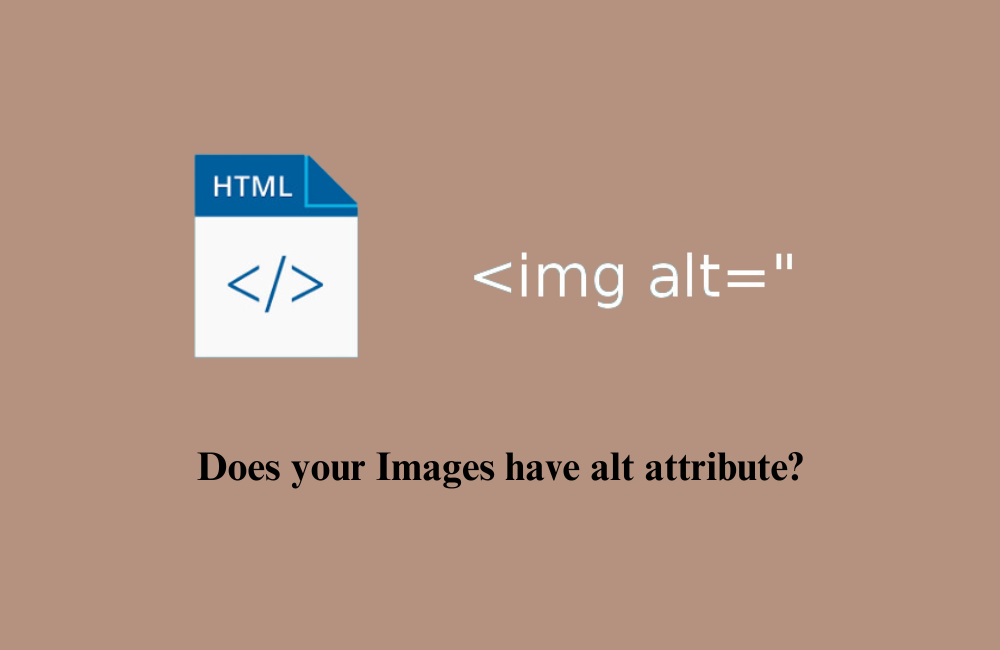
Alt attribute enhances accessibility, SEO, and user experience by providing descriptive text for images.
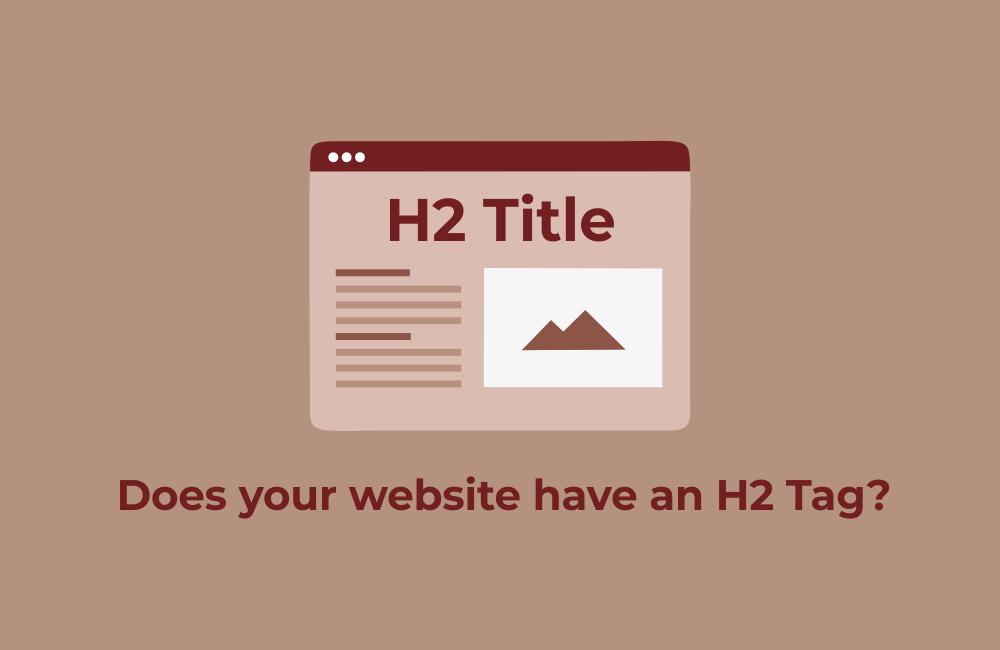
H2 tags structure content, aiding readability and SEO. They segment information, making it easier for users to navigate and search engines to understand, thus improving website performance.
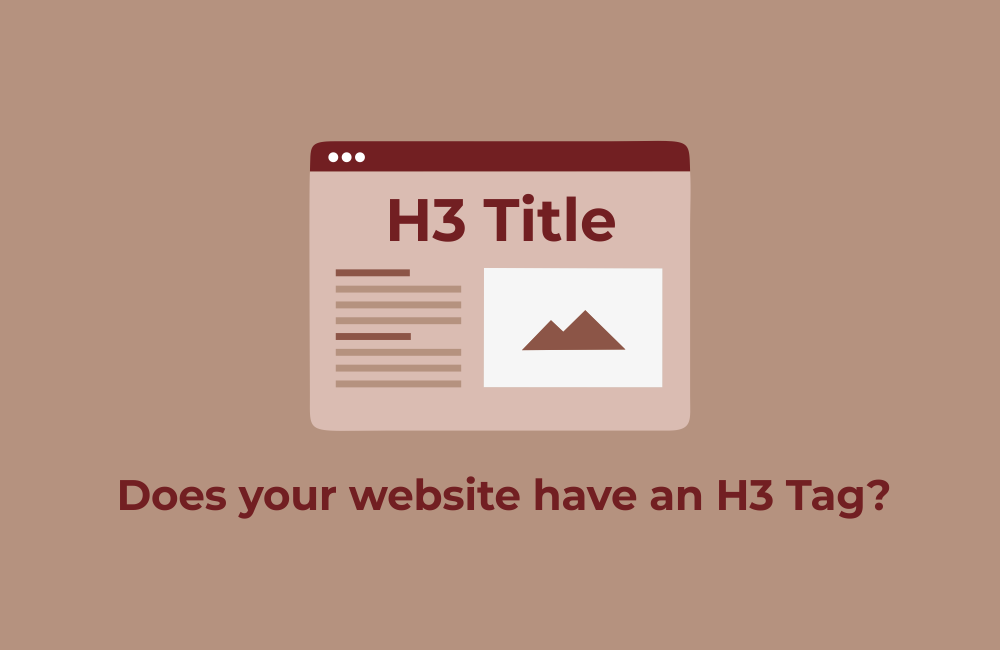
H3 tags further organize content, enhancing readability and SEO. They provide hierarchy, clarifying page structure for users and search engines, contributing to better website usability.

Using lorem ipsum or under construction text on a website can harm SEO by providing no valuable content, potentially leading to lower search engine rankings.
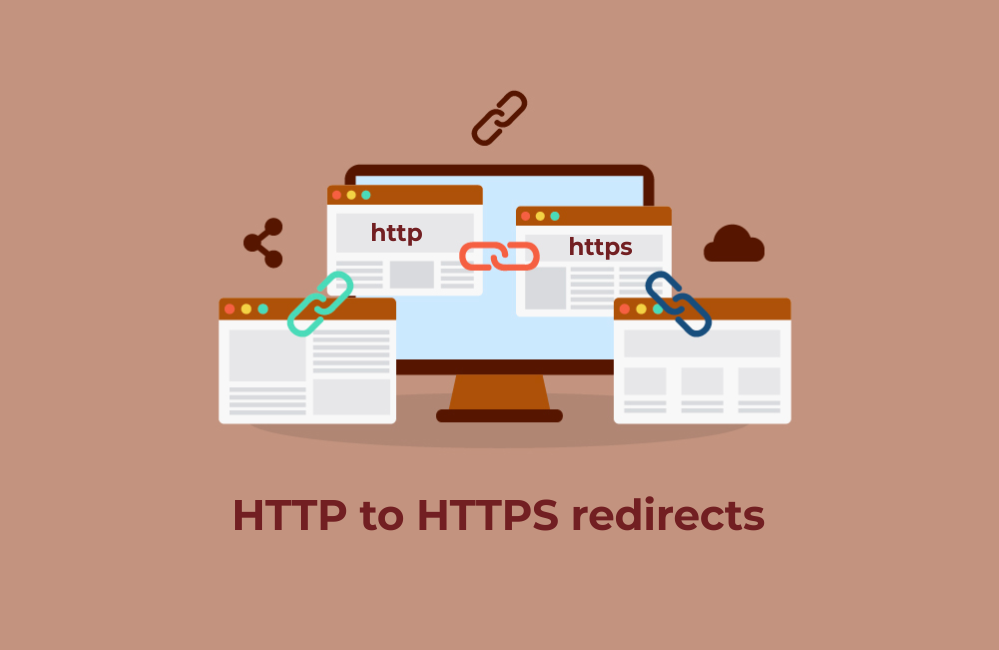
HTTP to HTTPS redirects enhance website security by encrypting data transmission, safeguarding user privacy, and improving trust, which is vital in today's online landscape.
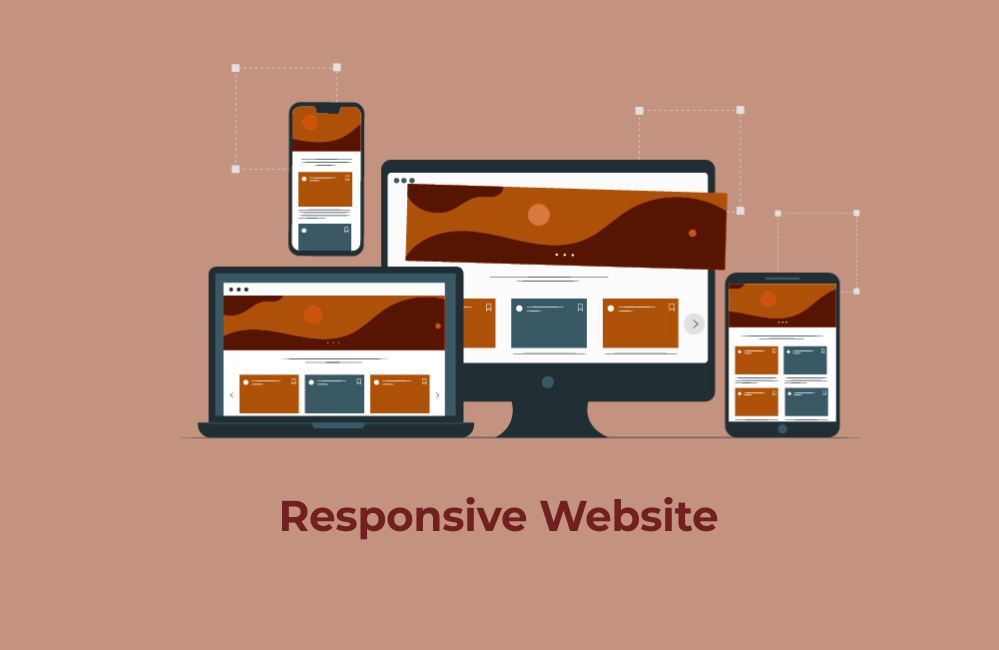
A responsive website enhances SEO by improving user experience, reducing bounce rates, and ensuring mobile-friendliness, all of which positively impact search engine rankings and visibility.
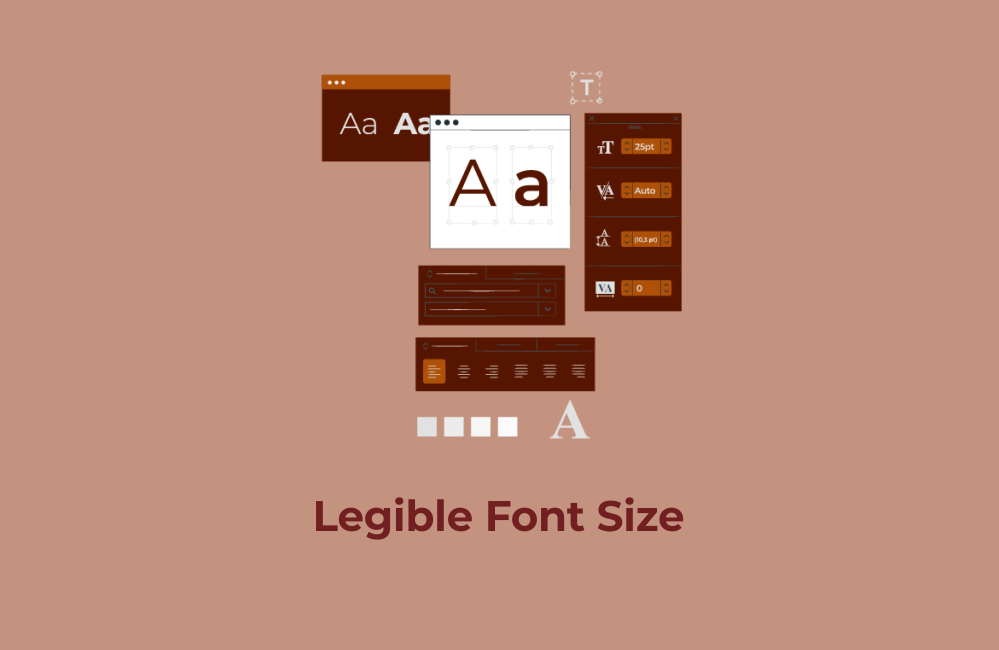
Optimal website font size is vital for user experience, accessibility, mobile-friendliness, readability, SEO, branding, and standards compliance, ensuring website success.
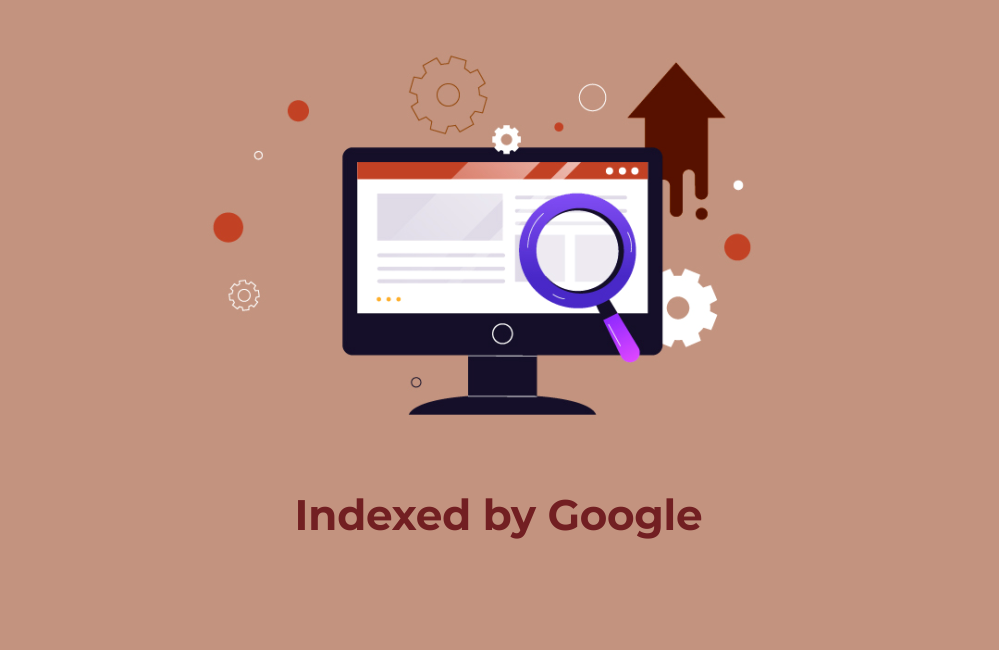
Indexing by Google is vital for online visibility. It ensures your website appears in search results, attracting organic traffic, credibility, and potential customers.
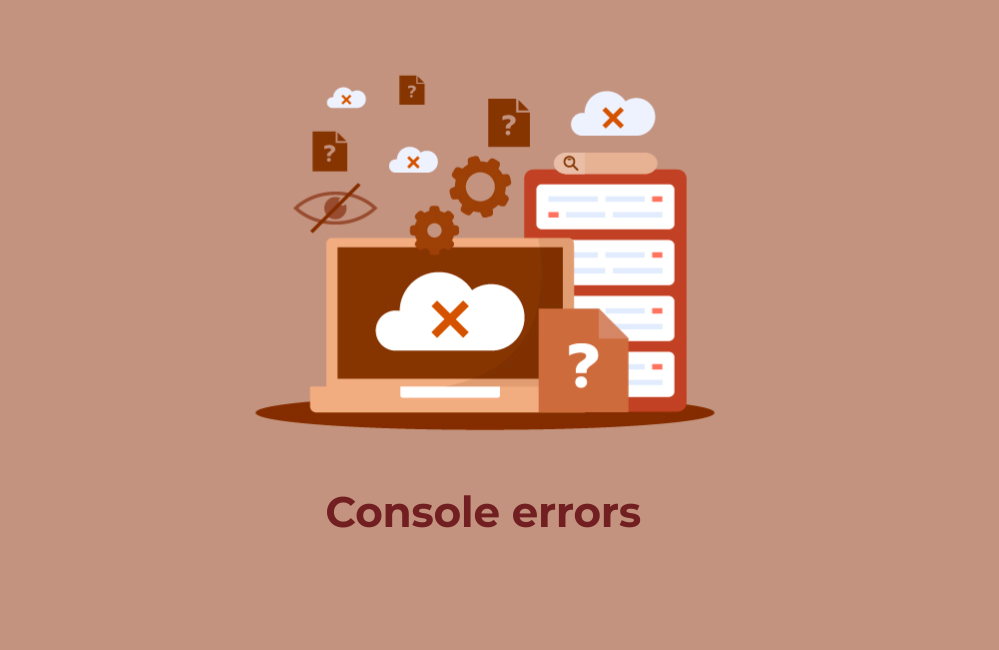
Console errors hinder user experience, affect search engine rankings, and can deter visitors. Resolving them is vital for a smooth, SEO-friendly website that performs well.
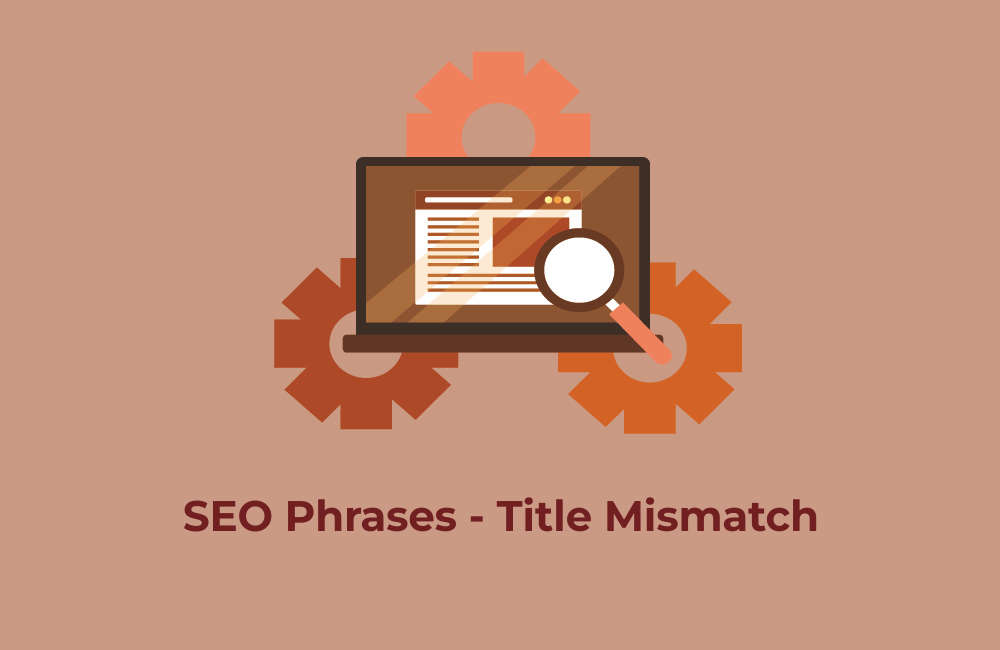
Mismatched SEO phrases and titles can confuse search engines, affecting your website's visibility. Aligning them enhances relevance, improving search rankings and user experience for optimal online presence.
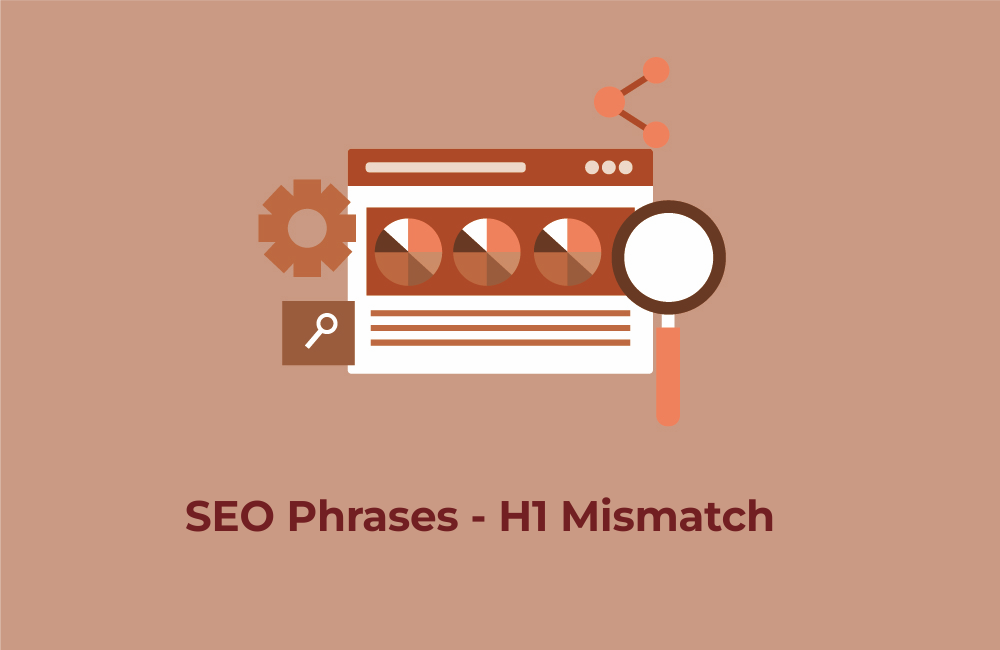
A divergence between SEO phrases and H1 tags can lead to search ranking discrepancies. Consistency ensures coherent content presentation, enhancing visibility and user engagement on your website.
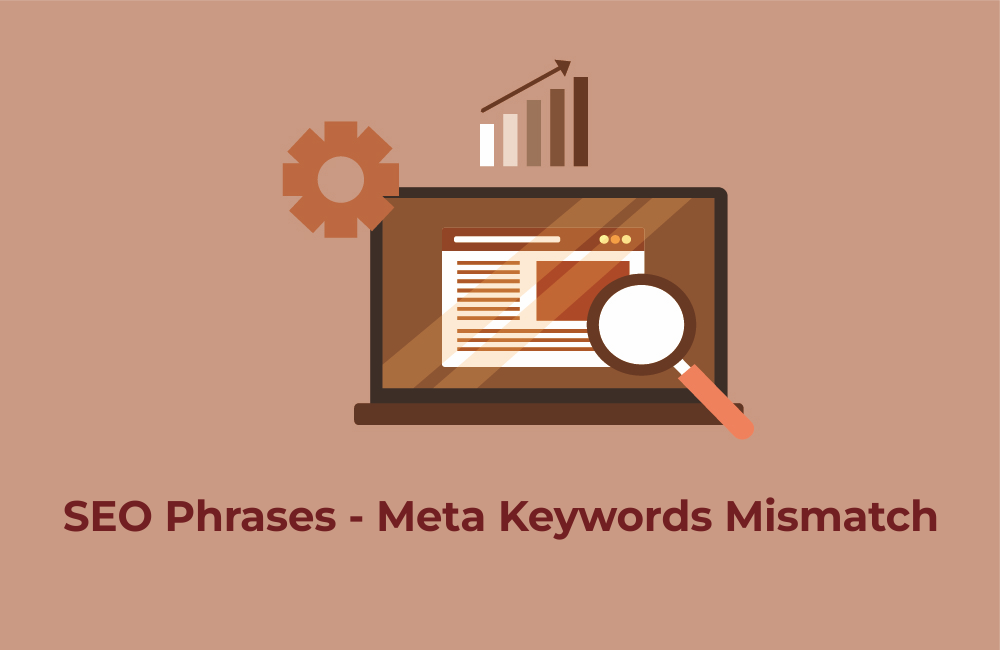
If your SEO phrase doesn't align with meta keywords, it could impact search relevance. Consistent optimization across content, meta tags, and keywords enhances visibility and search performance.
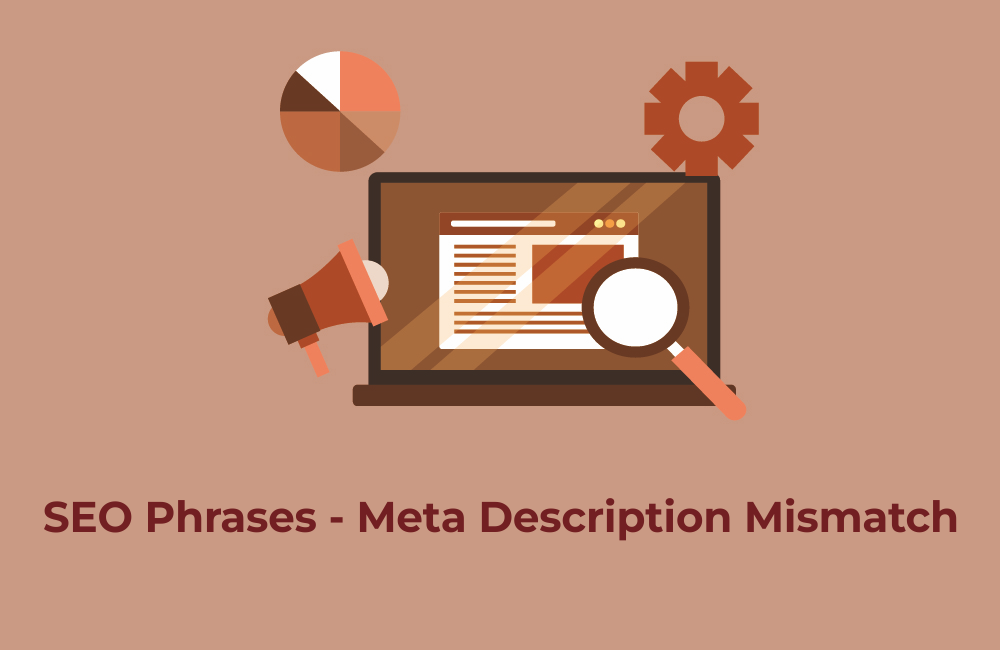
Divergence between SEO phrases and meta descriptions may confuse search engines. Aligning them enhances search relevance, improving click-through rates and user engagement on your website.
Google Page Ratings reflect user feedback in the form of star ratings. Higher ratings boost credibility, improve search visibility, and influence potential visitors' trust in your website or business.
Google Page Reviews provide user-generated feedback that impacts trust, reputation, and SEO. Positive reviews enhance credibility, attract more visitors, and improve local search rankings.
Web Vitals Desktop Performance Score measures website speed, responsiveness, and stability on desktop devices. A high score improves user experience, engagement, and search rankings.
Web Vitals Mobile Performance Score evaluates your site's speed, responsiveness, and visual stability on mobile devices. A strong score enhances mobile user experience and boosts SEO performance.
Multiple H1 tags on a single page can confuse search engines about the primary topic, diluting SEO value. A single, well-optimized H1 improves clarity, hierarchy, and ranking potential.
Schema.org provides structured data that helps search engines understand your content better. Implementing schema markup enhances search visibility, enables rich snippets, and improves SEO by making your website more inf...
Local Business Schema helps search engines understand key details about your business, such as name, address, phone number, hours, and reviews. Implementing it improves local SEO, enhances visibility in search results, a...
og:description is an Open Graph meta tag that provides a summary of your webpage when shared on social media. A well-crafted og:description improves click-through rates by making shared links more engaging and informativ...
Displaying the server name in response headers can expose information about your web server, making it a potential target for attacks. Hiding the server name helps reduce security risks by preventing attackers from ident...
Risky links are URLs that can harm your website’s security, SEO, or credibility. These may include links to malicious sites or low-quality sources, which can negatively impact user trust and search rankings.
Backlinks are links from other websites pointing to your site. Quality backlinks improve SEO, enhance credibility, and increase organic traffic by signaling trustworthiness to search engines.
SEO Phrases Mismatch occurs when targeted search phrases are not found in key elements like titles, H1 tags, alt attributes, og:title, og:description, keywords, and meta descriptions. This mismatch can hurt SEO performan...
A Short Meta Description may not provide enough detail for search engines or users, potentially impacting click-through rates. Aim for concise yet informative descriptions that summarize your page content effectively.
A Long Meta Description might get cut off in search results, losing its impact. Keep it within the recommended length (around 155–160 characters) to ensure it displays fully and effectively engages users.